Glossary of Terms
In order to have productive conversations around diversity and tolerance, it is imperative to understand key words that play important roles in those discussions. It is a fluid and expanding list, so please contact us if you see an important term missing, or would like us to review the posted definition for a particular term.
- Advocacy: The process of pleading for, supporting, or enabling others to express their views, defend their rights, and explore their choices (X)
- Assumption: An opinion made without the basis of factual evidence
- Awareness: The ability to perceive, to feel, or to be conscious of events, objects, thoughts, emotions, or situations (X)
- Bullying: Refers to a range of intentionally harmful behaviours, both physical and psychological, which are usually repetitive and persistent, and involve an imbalance of power that leaves the victim feeling helpless to stop it. Bullying often causes feelings of distress, fear, loneliness, and a lack of confidence in those at the receiving end.
- Communication: The two way process of reaching mutual understanding, in which participants not only exchange information, news, ideas, and feelings, but also create and share meaning (X)
- Community: The people of a district or country considered collectively, especially in the context of social values and responsibilities (X)
- Cooperation: An act or instance of multiple groups or individuals working or acting together for a mutual purpose, goal, or benefit instead of competing against each other (X)
- Culture: The combination of knowledge, beliefs, and behaviour - such as the way we dress, play, and eat - that are learned from past generations and passed onto the next generation. The ideas, customs, and social behaviour of a particular people or society.
- Disability: a physical or mental condition that limits a person's movements, senses, or activities.
- Discrimination: The unfair treatment of a particular person or group of people. Often the treatment is ascribed to one's gender, religion, nationality, ethnicity, race, or other personality trait. Any discrimination based in racial differences is called racism.
- Disenfranchisement: To take away someone's right to vote or to deprive someone of power, rights, or privileges.
- Diversity: Understanding the uniqueness and differences of each individual, and moving beyond simple acceptance to embracing and celebrating the richness of dimension of each person.
- Ethnicity: The fact or state of belonging to a social group that has a common national or cultural tradition.
- Gender: The behavioural, cultural, or psychological traits typically associated with one sex. Gender-normative behaviour refers to when behaviour is compatible with cultural expectations while gender non-conformity refers to behaviour that does not match cultural expectations. People can land at any point on the spectrum from female to male, and some classifications include genderqueer, transgender, cisgender and agender. (X)
- Identity: The individual characteristics by which a person or thing is recognised.
- Institutional Racism: The collective failure an organisation to provide an appropriate and professional service to people because of their colour, culture, or ethnic origin. It can be seen or detected in processes, attitudes, and behaviours that amount to discrimination through unwitting prejudice, ignorance, thoughtlessness, and racist stereotyping to the disadvantage of minority peoples.
- Individuality: The particular character, or aggregate of qualities, which distinguishes one person or thing from others (X)
- Nationality: The status of belonging to a particular nation; and ethnic group forming a part of one or more political nations.
- Oppression: Prolonged cruel or unjust treatment or exercise of authority.
- Perspective: The capacity to view things in their true relations or relative importance (X)
- Prejudice: A preconceived idea or judgement that is not based in reasonable factual evidence.
- Privilege: A special right, advantage, or immunity granted or available only to a particular person or group.
- Race: Each of the divisions of humankind, having distinct physical characteristics; A group of people sharing the same culture, history, language, &c.
- Racism: The belief that one's qualities are influenced by their race, resulting in the unfair treatment of members of other races.
- Religion: A specific set of fundamental beliefs agreed upon by a number of persons or sects.
- Respect: The esteem, honor, or sense of worth one person has for another, which can be earned or given
- Sexual Orientation: The type of sexual, romantic, emotional/spiritual attraction one feels for others, often labeled based on the gender relationship between the person and the people to whom they are attracted. Common labels include, but are not limited to: heterosexual, homosexual, gay, lesbian, bisexual, asexual, and queer. (X)
- Socioeconomic Status: An economic and sociological combined total measure of a person's work experience and of an individual or family's economic and social position in relation to others based on income, education, and occupation.
- Stereotype: A widely held but fixed and oversimplified image or idea of a particular type of person or thing; a generalisation about a particular group of people.
- Tolerance: The willingness to accept behaviour and beliefs that are different from your own, even when you may dislike or disagree with them. It refers to an attitude of openness and respect for the differences that exist among people. This means respecting and learning from others, valuing differences, bridging cultural gaps, rejecting unfair stereotypes, discovering common ground, and creating new bonds.
